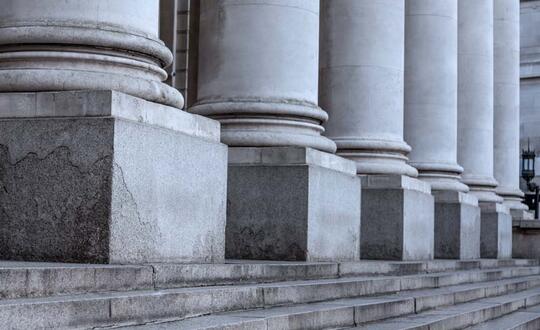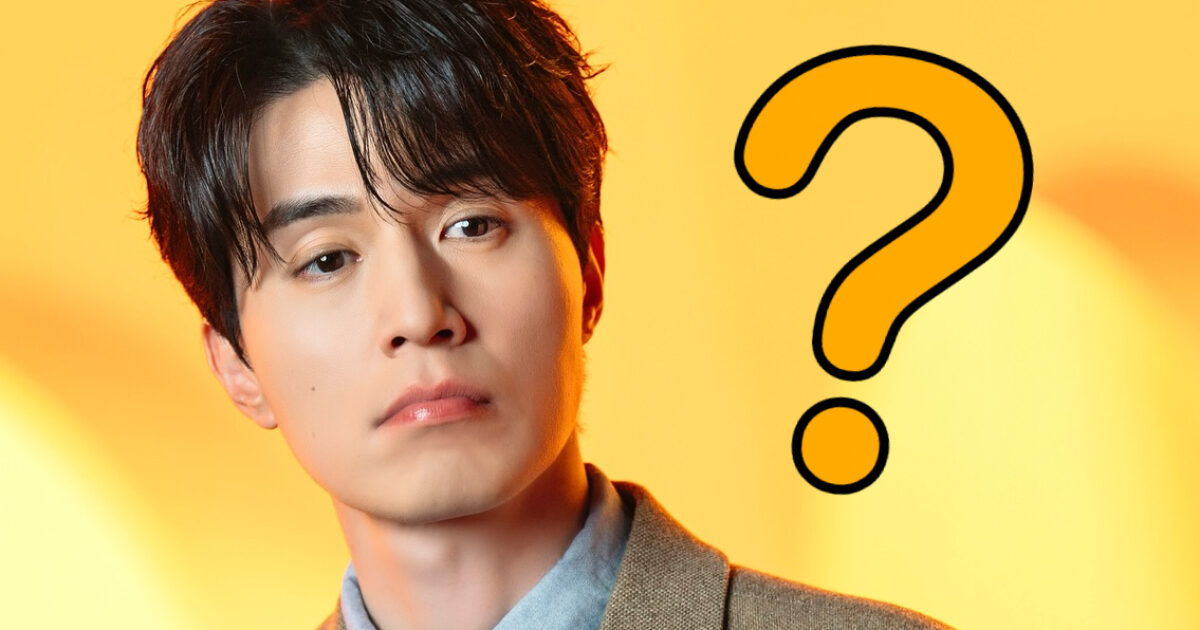Supreme Court Rules on Copyright Duration for Unauthorized Use of Music in Online Games

In a recent ruling, South Korea's Supreme Court determined that the statute of limitations (10 years) for claims regarding unauthorized use of music in online games must be calculated on a daily basis from the date the music was used. The Supreme Court's first division, led by Justice Roh Kyung-pil, announced on April 6 that it had overturned part of a lower court's ruling in a case brought by music copyright holder Chesky Productions against game developer HanbitSoft.
HanbitSoft had commissioned a third-party developer in 2006 to create a game, during which the developer used Chesky's music without permission in certain scenes. The game was released in December 2008, and HanbitSoft later absorbed the third-party developer.
Chesky raised concerns about the unauthorized use of its music after the game's release, but it wasn't until May 2016 that HanbitSoft removed the music from the game. In 2021, Chesky filed a lawsuit seeking the return of 40 million won in profits that HanbitSoft allegedly gained from copyright infringement.
The first trial acknowledged HanbitSoft's unauthorized use of the music and ordered the company to return 25 million won to Chesky. The court ruled that the state of unjust enrichment continued until the music was removed in May 2016, and since the lawsuit was filed within the 10-year statute of limitations, the claim was valid. The appellate court upheld this decision.
However, the Supreme Court took a different stance on the timing of the claim's establishment and the calculation of the statute of limitations. It stated that HanbitSoft continuously profited from the unauthorized use of the music from the game's release in December 2008 until its removal in May 2016. Therefore, the claim for unjust enrichment was established daily during that period, and the statute of limitations would also progress separately.
The Supreme Court noted that there were grounds to overturn the lower court's ruling regarding the portion of the claim that had already exceeded the 10-year statute of limitations, instructing the lower court to recalculate the unjust enrichment amount excluding that portion.










